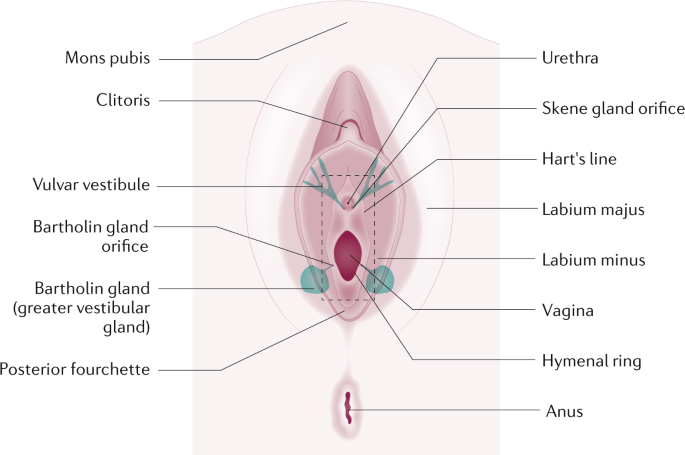Natural Treatment For Vulvodynia – How to Get Relief From Vulvodynia
Vulvodynia is the medical name given to painful and intense vulvar discomfort without any identifiable source
The source, consistency and severity of this pain vary widely among patients. Some women only experience mild discomfort in just one place of the vulvar region, while others experience chronic pain in various places of their bodies.
There are a number of different reasons for this condition. Often, vulvar discomfort is caused by an overabundance of excessive vaginal discharge which is not a normal body function. Other causes include trauma to the vagina, irritation or infection of the vaginal walls, irritation of the surrounding tissues such as the uterus, ovaries and fallopian tubes, and physical injury to the vagina itself. Whatever the cause, though, there is no doubt that this type of vulvar discomfort can be extremely distressing.
Fortunately, there are several treatments available for vulvar discomfort, as well as ways to prevent it from occurring. One of the best things you can do for yourself is to find a suitable form of treatment. Here are some options available.
As mentioned above, there are many different types of vulvodynia. In most cases, however, the problem is a combination of two or more types. Common forms include vulvovaginitis and vulvovaginal stenosis. In vulvovaginitis, the vagina's natural lubricating fluid becomes too acidic.
If this happens, the vagina's vulvar fluid contains bicarbonate. Bicarbonate can result in severe damage to the lining of the vagina. This in turn causes the vulvar skin to become inflamed and irritated. When this happens, this pain can radiate into other areas of the body. As with any form of pain, it is important to seek treatment as soon as possible in order to alleviate it as much as possible.
In vulvovaginal stenosis, the walls of the vagina become inflamed due to the development of scar tissue. This is usually caused by damage to the blood vessels in the vaginal walls. This condition may also result in painful intercourse, burning sensations, and bleeding after sexual intercourse. However, if this occurs in more than one location on the body, then it can often cause problems with the bladder, the bowels, and the urinary tract. It can also lead to other serious conditions including perforation and infections.

Surgery is the most common treatment for vulvodynia
There are several types of surgery, which involve removing part or all of the vaginal walls. One of these surgeries, called hysterectomy is used for women who have no other choice. Other types of surgery include the removal of a portion of the reproductive organs such as the vagina, the uterus and ovaries.
A more traditional method of treating vulvodynia is through the use of creams and ointments. Many medications are also available which target vulvovaginitis and can be used to reduce symptoms of vulvovaginitis. Some of these medications can be taken orally. Sometimes the underlying cause of vulvovaginitis requires a change in diet as well as lifestyle changes.
One type of medication, which is often prescribed for vulvovaginitis is metronidazole. This is usually prescribed in conjunction with other treatments, such as topical cream. There are also oral contraceptives that can be used in combination with metronidazole to treat vulvodynia. The problem with using oral contraceptives together with metronidazole is that it will prevent the ovaries from producing progesterone.
Other medicines that are used with metronidazole for vulvodynia include birth control pills. Progesterone cream is used to treat the discomfort associated with menstrual cramps. and is also commonly used in combination with metronidazole and other drugs for vulvodynia. In addition, in some cases, a synthetic form of estrogen can be used with birth control pills.
Although surgery is often considered the first treatment option for vulvodynia, there are still many people who choose to try a natural remedy for vulvodynia instead. These methods, including herbal supplements and dietary changes, can help women relieve the symptoms of vulvovaginitis. A holistic approach at Handaldok Indonesia can help both men and women with vulvodynia.
Regardless of which path you choose, it's important to take good care of yourself and your body to get the most out of any natural treatment for vulvodynia. Take care of your skin, your health and your body by eating the right foods, exercising regularly and avoiding stressful situations.
